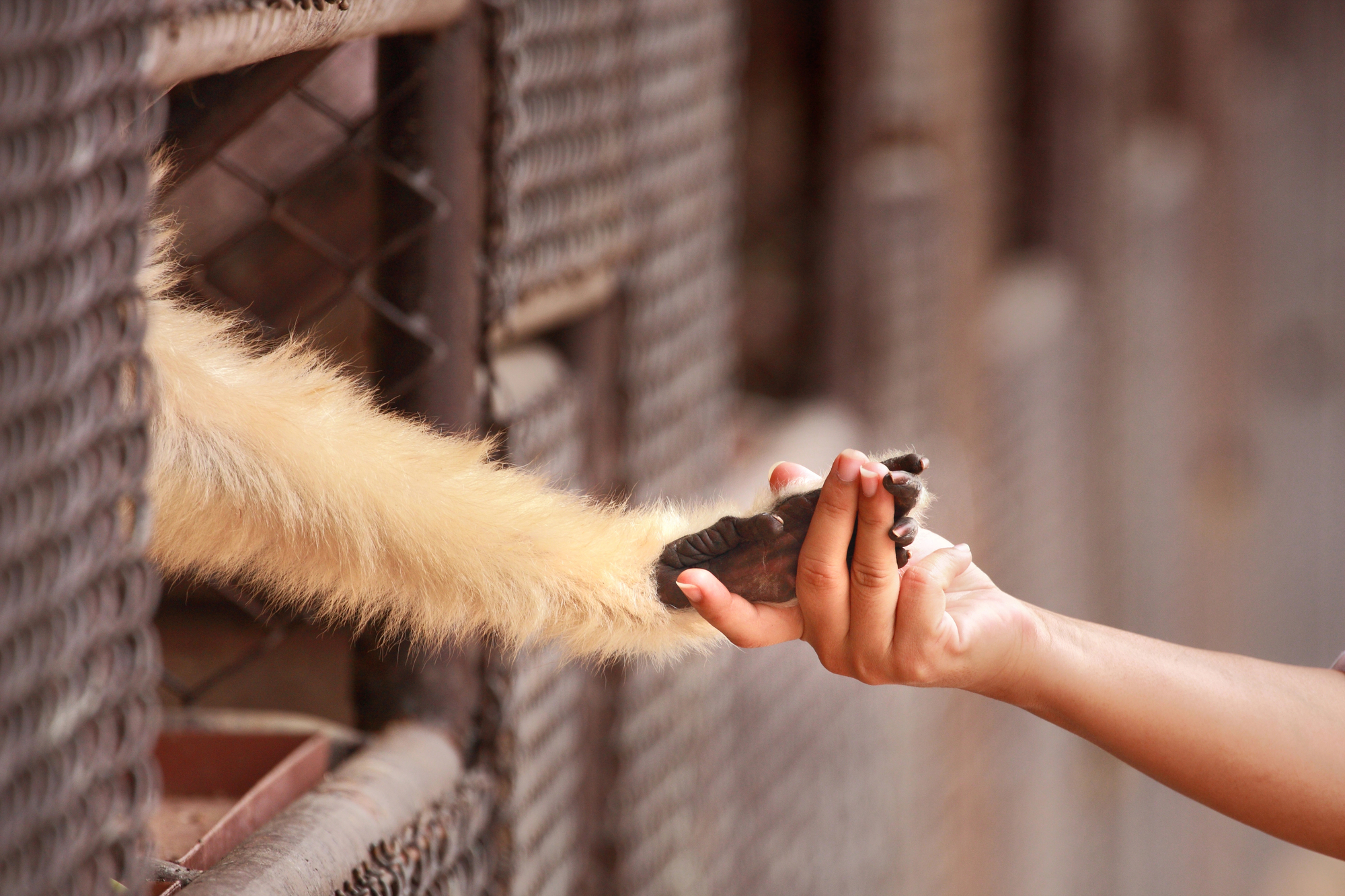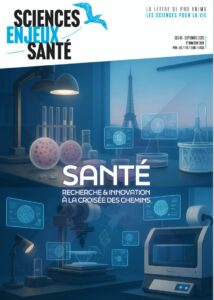
Environmental contamination and animal experimentation at the University of Strasbourg
Pro Anima wins its case
20 February 2024Pro Anima Scientific Committee has been working for more than 30 years to accelerate the transition to non-animal research for the benefit of our health.
At the request of the Pro Anima Scientific Committee association, the Administrative Court of Strasbourg, by judgment of January 30, 2024, deliberated in favor of the cessation of the activities of the primatology center of the University of Strasbourg (UNISTRA) due to possible risks of environmental contamination.
Since the very beginning of this case, the Pro Anima Scientific Committee has been concerned about the multiple risks linked to experimentation on non-human primates, which could cause health problems and risks for the environment.
To this end, the Committee asked the Huglo-Lepage advocate firm to take charge of this file.
On January 30, 2024 and after several years of proceedings, the Court ruled in favor of stopping the center’s activity, with immediate effect.
The judgment is clear : the activity of the primatology center of the University of Strasbourg presents risks for the environment and natural environments related to experimental activities on non-human primates, and due to :
- lots of chemical and biological waste ;
- potential risks of laboratory accidents - inherent of drug and vaccine testing activities ;
- water discharge ; rejection for which Pro Anima was informed that the Silabe platform (which manages the center of primatology) was self-monitoring ; this means that it controls itself ! On this point, Pro Anima Committee asked whether the Eurométropole de Strasbourg (Water and Sanitation Service) had access to those control measures. Pro Anima is still awaiting a response to this day.
The environmental risks induced by the activities of the primatology center of the University of Strasbourg are now established.
Therefore, the prefect had to submit the adoption of the contested decree to public information in application of the environmental code ; which, let us not forget, is a constitutional right.
The order canceled their authorization with immediate effect, and requires the center and the University to submit a new authorization which will be subject to public information as required by the environmental code (in this case, it is a dissemination of the elements of the file via the Strasbourg Prefecture website).
In the meantime, the primatology center can only carry on with current affairs, ensure the well-being of the primates and has to stop its activities pending the adoption of a new decree.
It has been more than 10 years since Sylvia Hecker, who heads the office of Pro Anima Scientific Committee in Strasbourg, filed a complaint on those risks and the lack of transparency from the University and its activities. With Huglo Lepage Avocats, Pro Anima is happy to have won the case !
Although this is temporary, the decision of the Strasbourg Administrative Court remains a genuine success, which Pro Anima is happy to share with you.
4 years after the outbreak of the Covid 19 global pandemic, we can only welcome this decision which will force both the University of Strasbourg and the public authorities to be more transparent and implement effective health controls.
Additionally, “heavy reliance on animal testing can hinder progress in some areas of disease research”. This statement made by the JRC (Joint Research Center) of the European Commission (Review of non-animal models in biomedical research — Neurodegenerative Diseases, report, 2021) has been shared by Pro Anima for more than 30 years.


